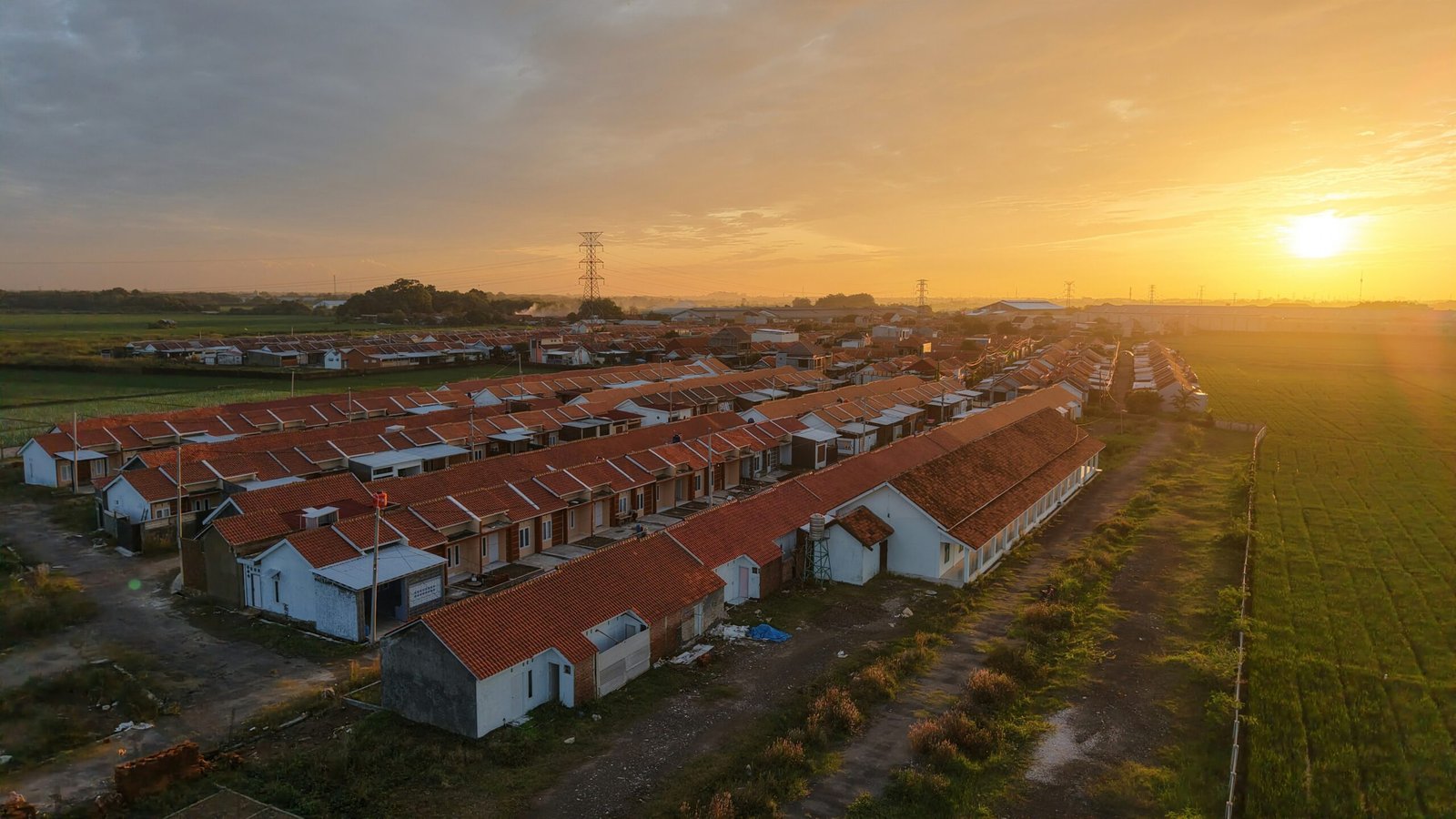The Doge HHS Migrant Housing Initiative has emerged as a significant player in the complex landscape of migrant support. With an increasing number of individuals and families seeking refuge, the need for effective housing solutions is more pressing than ever. This initiative aims not only to provide shelter but also to enhance the quality of life for migrants facing uncertainty. But what exactly does it entail? What hurdles are being tackled, and how does this effort impact both migrants and local communities? Join us as we delve deeper into this transformative program that seeks to address one of society’s most urgent challenges: providing adequate housing for those who need it most.
The Current State of Migrant Housing and Challenges Faced
Migrant housing has become a pressing issue across many regions. As the number of migrants continues to rise, available accommodations often fall short. Many find themselves in overcrowded shelters or temporary tents that lack basic amenities.
The conditions can be dire. Limited access to sanitation and adequate food leads to health risks for vulnerable populations. Furthermore, bureaucratic red tape complicates the process of securing stable housing.
Local communities feel the strain as well. Resources are stretched thin, leading to tensions between residents and newcomers seeking assistance. This environment fosters misunderstandings and conflict rather than collaboration.
Amidst these challenges, organizations strive to provide support, yet their efforts often seem like trying to fill a bottomless pit. The gaps in funding and resources highlight an urgent need for innovative solutions that prioritize humanity over politics.
How the Doge HHS Initiative is Addressing these Challenges
The Doge HHS Migrant Housing Initiative is tackling urgent challenges head-on. By providing safe and secure accommodations, it aims to alleviate overcrowding in shelters.
One innovative approach includes developing temporary modular housing units. These are designed for quick deployment in areas with high migrant influxes. This flexibility enables rapid response to shifting needs.
Additionally, the initiative emphasizes community partnerships. Collaborating with local organizations helps create a network of support services, from healthcare access to job training programs.
Culturally sensitive programming is another key feature. The initiative focuses on creating environments where migrants feel welcomed and respected while integrating into their new communities.
Through these strategies, the Doge HHS Initiative actively works towards sustainable solutions that benefit both migrants and the neighborhoods they join.
The Impact of the Initiative on Migrants and Local Communities
The Doge HHS Migrant Housing Initiative has transformed the lives of many migrants seeking safety and stability. By providing shelter, food, and medical care, it creates a more welcoming environment for those in need.
Local communities have also benefited from this initiative. Increased support services lead to job creation and economic stimulation. Businesses are seeing growth as they cater to both migrants and staff working within these programs.
Moreover, fostering understanding between locals and newcomers builds stronger relationships. Shared community events help break down barriers. They encourage dialogue about challenges faced by migrants while highlighting cultural diversity.
Yet, there remains an ongoing conversation about integration efforts. Bridging gaps can enhance mutual respect between residents and migrant populations so that all feel included in the social fabric of their neighborhoods.
Criticisms and Controversies Surrounding the Initiative
Critics have raised concerns about the Doge HHS Migrant Housing Initiative from various angles. Some argue that the housing conditions provided under this contract do not meet basic standards for health and safety. Reports of overcrowding and inadequate facilities have sparked outrage among advocacy groups.
Additionally, there are worries about transparency in how funds are allocated. Skeptics question whether taxpayer money is being spent effectively or if it lines the pockets of private contractors involved in the initiative.
Local communities also feel the strain as resources become strained due to an influx of migrants. This has led to tensions between residents advocating for better support services and those who believe their own needs are being overlooked.
Moreover, some activists contend that while a temporary solution is necessary, long-term strategies addressing root causes remain unaddressed within this initiative’s framework.
What’s Next for the Doge HHS Migrant Housing Initiative?
The future of the Doge HHS Migrant Housing Initiative is both promising and complex. As more migrants seek refuge, the demand for effective housing solutions will only increase.
Plans are underway to expand existing facilities and introduce new partnerships with local organizations. This collaborative approach aims to streamline resources and enhance support services for residents.
Innovations in technology may also play a role in shaping next steps. Digital platforms could facilitate better communication between migrants and service providers, making access to essential information easier.
Furthermore, community engagement initiatives are set to strengthen ties between migrants and locals. These efforts aim to foster understanding and inclusivity within neighborhoods where these housing programs operate.
Policy advocacy remains crucial as well, ensuring that migrant needs continue to be addressed at higher levels of government.
Conclusion: The Importance of Addressing Migrant Housing Issues
Addressing migrant housing issues is crucial for a society that values compassion and human rights. The Doge HHS Migrant Housing Initiative represents a significant step towards providing safe, dignified living conditions for those seeking refuge.
As the world continues to grapple with migration crises, innovative solutions like this initiative can pave the way for more humane treatment of migrants. By understanding their needs and integrating them into local communities, we not only help individuals but also enrich our societies as a whole.
It’s essential that initiatives like this continue to evolve based on feedback from both migrants and community members. Open dialogue will ensure these programs are effective while fostering an environment of acceptance and support in our neighborhoods.
The commitment shown through the Doge HHS Migrant Housing contract sets a precedent that could inspire further developments across various regions facing similar challenges. As we move forward, it’s vital to keep focusing on creating sustainable solutions that prioritize humanity above all else.

